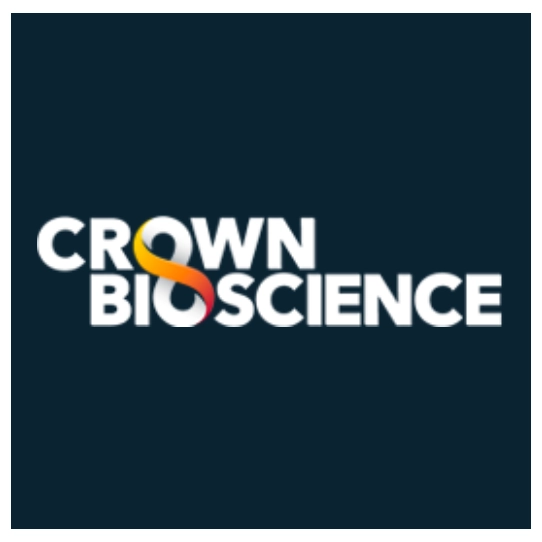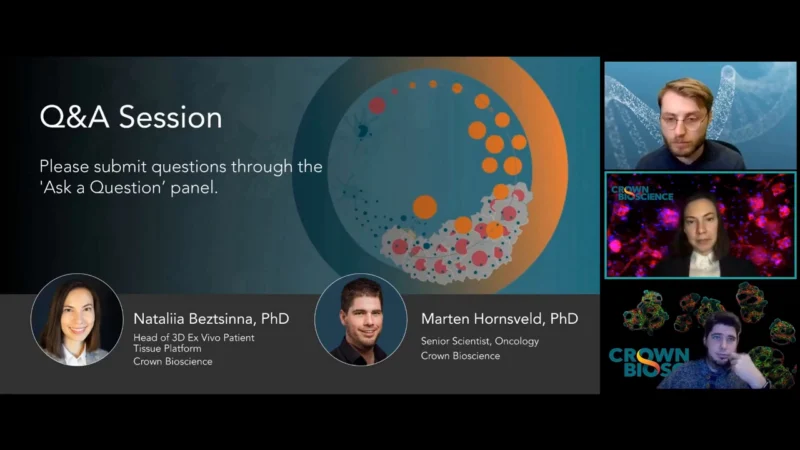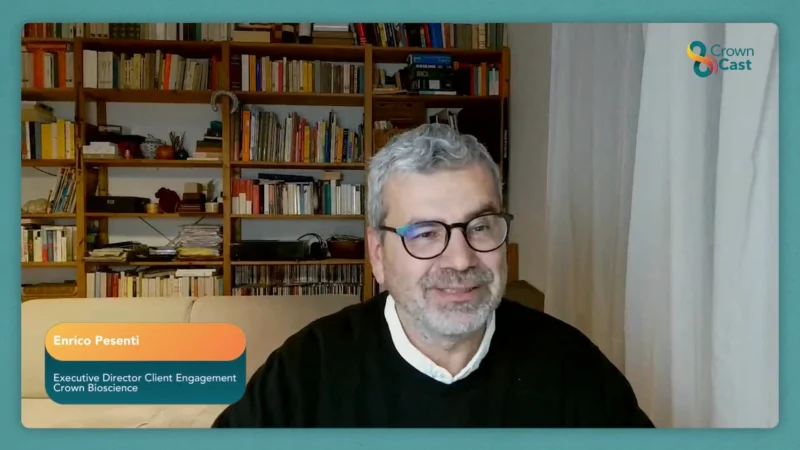Targeting T Cells Within the Cancer Immunity Cycle
As cancer immunotherapy continues to reshape treatment landscapes, fine-tuning T-cell responses has become a critical frontier. Recent advances in 3D organoid models and high-content imaging are enabling scientists to closely mimic patient-specific tumor environments—unlocking insights into how T cells behave, respond, and falter under immune checkpoint blockade. With over 4,000 immune modulators in clinical development as of 2020, the stakes for preclinical precision have never been higher.
How can researchers better predict which immunotherapies will work in real patients—and which will fail? This episode of Crown BioScience, hosted by Liam Sanio, dives into cutting-edge in vitro technologies that help answer this vital question.
In this second installment of the Cancer Immunity Cycle webinar series from Crown BioScience and Scientist.com, host Liam Sanio is joined by Dr. Marrit Putker, Dr. Saskia De Man, and Dr. Pirouz Daftarian. Together, they explore how CrownBio’s organoid platforms, T-cell co-culture assays, and exhaustion modeling are transforming the way drug candidates are evaluated across the cancer immunity cycle—from T-cell activation to tumor killing and immune evasion.
Key Points from the Episode:
- Organoids as Predictive Patient Avatars: Patient-derived organoids (PDOs) and PDX-derived organoids (PDXOs) exhibit high genotypic and phenotypic fidelity to their source tumors, enabling accurate modeling of immune responses.
- High-Content Imaging for T-Cell Activity: Imaging-based assays allow real-time visualization of T-cell proliferation, migration, and tumor infiltration—offering a dynamic alternative to flow cytometry-based analysis.
- Modeling T-Cell Exhaustion In Vitro: A validated multi-stimulation assay captures key features of exhausted T cells, providing a platform to assess immunotherapy candidates targeting co-inhibitory pathways like PD-1 and LAG3.
Dr. Marrit Putker leads CrownBio’s in vitro R&D in Utrecht, specializing in organoid model development and assay innovation for preclinical drug testing.
Dr. Saskia De Man is a scientist in the Immuno-Oncology department at CrownBio, with expertise in 3D culture systems and T-cell therapeutic evaluation.
Dr. Pirouz Daftarian serves as Director of Scientific Engagement at CrownBio and focuses on immune exhaustion and the development of assays for T-cell dysfunction.




